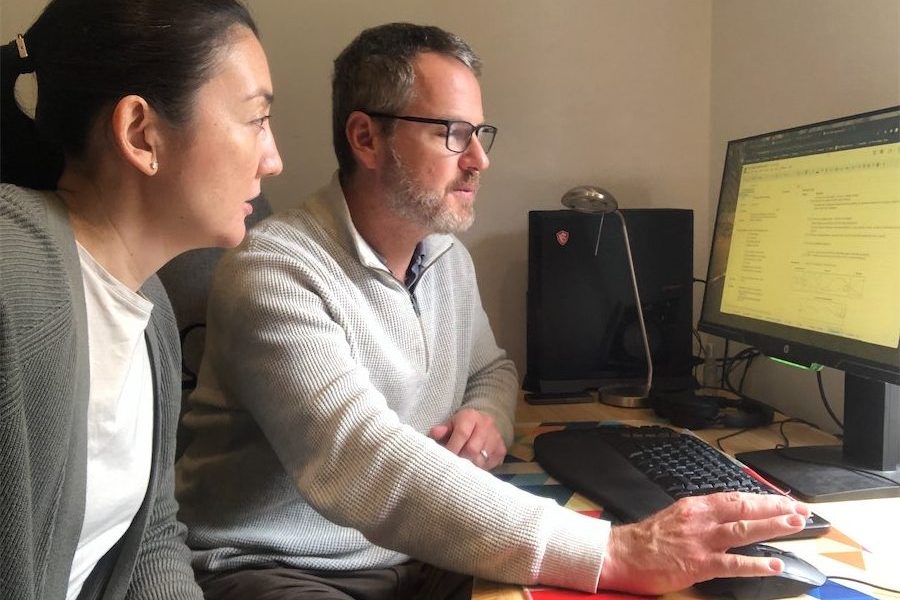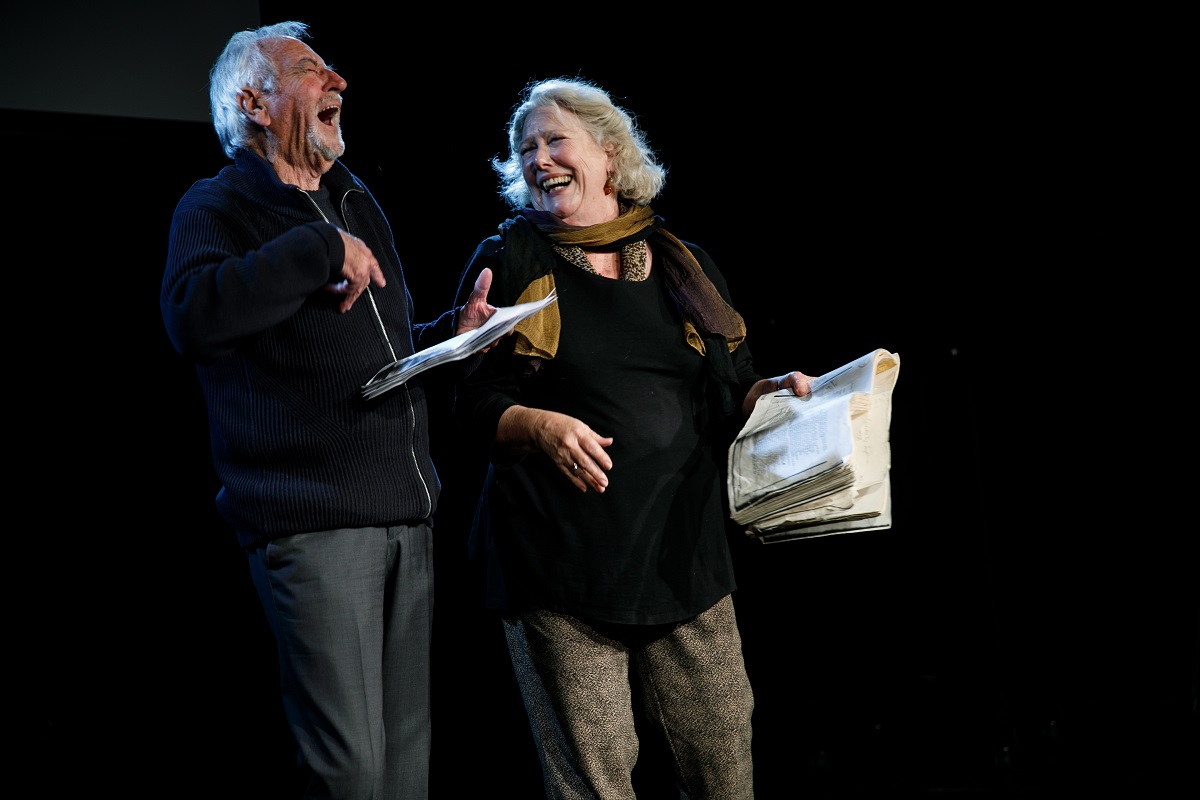JUST when everybody, including this writer, thought it was safe to go home and switch off the lights focused on the dispute about use of the Fitters’ Workshop in Kingston, the 24-hour news cycle brought a surprise to everybody overnight on Thursday, with news that Liberals and Greens MLAs had voted together to reject the Government’s response, announced on Budget day last week, that it would go ahead with its planned refurbishment of the workshop for use by Megalo Print Studio.
Perhaps it shouldn’t have been such a surprise, with local choral groups singing in protest outside the Legislative Assembly on June 7, waving signs reading “Not Happy Joy” [Burch] and further whipping up the emotional sandstorm that has characterised the debate over the matter.
Over the weekend the director of the Canberra International Music Festival, Christopher Latham, had written to “CityNews”, urging the magazine to “debunk this rumour that there would not be enough interest to fill the full year with exhibitions and concerts” and arguing that it was time to “start putting some facts into the public arena”.
ACT Arts Minister Joy Burch had remarked in tabling the Government’s response to the report of the Standing Committee on Education, Training and Youth Affairs relating to the future use of the workshop, information in the report was “a clear reflection of the different views and positions in the community, but it is little more than that”.
But Mr Latham was doubtless responding to arguments from the visual arts community, reflected in a public statement by Megalo’s CEO, Alison Alder, that the printers would put the space to use 52 weeks a year and not sporadically.
Mr Latham comments, “every musical group I bump into wants to use it at some stage during the year”, and he has it on good authority that the Glassworks is interested in using the space “for 16-18 weeks in a year”.
One way, of gauging public interest, he suggests, would be to get Canberra Centenary creative director Robyn Archer to “call for expressions of interest for a 2013 Centenary program and see who puts their hand up”.
Questions of usage aside, much of the debate in recent months has focused on questions of procedure in government decision-making, with immediate past president of the ANU Choral Society, Helen Moore, charging that Ms Burch’s response made “mockery of this government’s commitment to transparency, openness and evidence-based policy-making”.
But “CityNews” has discovered that preparatory talks between ArtsACT and Megalo had begun in 2003, but were temporarily put to one side until the Canberra Glassworks refurbishment was completed in 2007, both well before the acoustic properties of the workshop were discovered during 2009 music festival recitals. Megalo, for its part, asserts that it has followed the correct procedures throughout.
With suggestions that the Fitters’ Workshop could lead to some kind of ACT constitutional crisis, the question of responsible decision-making for the arts seems to have been swept aside.
Readers will recall the unilateral decision by former ACT Chief Minister Kate Carnell to give $100,000 to the National Multicultural Festival.
This decision, which enraged arts organisations who had been waiting in the funding queue for a long time, illustrated very well the dangers of moving outside the well-established peer group assessment funding structures, where decision-making in the arts passes through the ACT Cultural Council and artsACT before reaching the politicians.
The Carnell decision established an unfortunate precedent for disaffected arts groups to go “straight to the top”.
This trend, seen in the current dispute, was only possible because the music community perceived a chink in the armour of the ACT Government following the changeover of chief ministers.
None of the political parties has within its ranks a Medici-like personality capable of making unilateral judgments that will affect the future of artists in the national capital.
That is precisely why arts experts and advisors are appointed to assist in making decisions.
It is a disturbing development when art-form sectors take to the barricades and where, as Mr Latham says, too few facts have been visible in the public arena.
Who can be trusted?
In a world of spin and confusion, there’s never been a more important time to support independent journalism in Canberra.
If you trust our work online and want to enforce the power of independent voices, I invite you to make a small contribution.
Every dollar of support is invested back into our journalism to help keep citynews.com.au strong and free.
Thank you,
Ian Meikle, editor




Leave a Reply